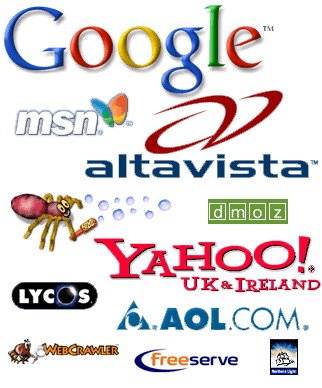Scholars Push For Search Engine Regulation
 Here's an idea sure to start some fires: Is it necessary to consider government regulation of search engines? Please hold your throwing-stones until the end of the presentation.
Here's an idea sure to start some fires: Is it necessary to consider government regulation of search engines? Please hold your throwing-stones until the end of the presentation.
A technologically advanced century brings with it more (much more) complicated questions that may or may not be properly addressed by old arguments. Worse, the concept is still hazy in the minds of most, making it that much more difficult to address.
But the short version can be presented this way: The Search Engine Industry is one that controls access to the most valuable commodity there is in today's society, and that commodity is information. Access to the commodity is controlled by a few key players, and mostly by Google. As there is potential for abuse, then the appropriate and necessary role of the government is to guard against that abuse.
A search engine can be defined as: an information retrieval agent; a value-judge (editor) of information; an information medium (i.e., press).
And that is troublesome. Indeed, Google steers away from whatever definition hurts it the worst in court, citing the First Amendment at times, and the Digital Millennium Copyright Act at others (i.e., our opinion is free speech, or, when necessary, we have no opinion as a an interactive computer service).
We talk about Google most because it is the dominant player, and some would argue the fairest one. On the whole, though, a natural oligarchy has developed whereby a few entities control what information is viewable to the public.
That's not necessarily a bad thing, as long as the gatekeepers can be trusted. But there is an inherent possibility (and thus, temptation and motivation) that information can be manipulated to the benefit of the provider, or to the detriment of the competition.
We've certainly addressed this before. In 2005, I explored whether the search engines were politically biased. In that same year, searches on both Google and MSN regarding the infamous Kai-Fu Lee lawsuit revealed dramatically different results – both parties had vested interests and their results seemed to reflect that.
And earlier this week, one of my colleague, dropped a new term on us: Search Neutrality. An interesting point was that Google argues (rightly, I might add) that the telecommunications industry cannot be trusted with the Internet without government oversight. Yet, Google maintains it most certainly can be trusted with our information because, well, "the company says so."
The line between ISP and search engine, then, are effectively blurred – both act as gatekeepers to information and therefore should be, in some way, regulated to protect the people's access to this unprecedented information availability.

